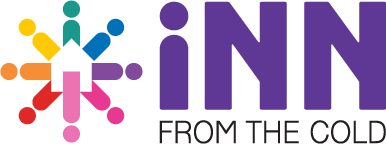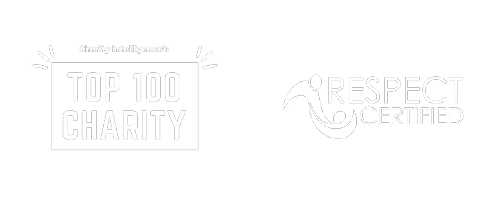Over the past few weeks we have had the opportunity to sit down with two key players in Calgary’s affordable housing sector; Norfolk Housing Association and Horizon Housing Society. These two organizations work with all levels of government, agencies within the homeless-serving sector, and individuals or families experiencing homelessness or poverty.
Thank you Maya Kambeitz, Executive Director, Norfolk Housing Association and Martina Jileckova, CEO, Horizon Housing Society for taking the time to speak with us. You can watch the interviews here:
What is affordable housing?
Affordable housing is a term heard often when discussing city and community development and solutions to poverty and homelessness. Affordable housing in Calgary’s homeless-serving sector is defined as housing that costs less than 30% of a household’s before-tax income. Canada Mortgage and Housing Corporation (CMHC) explains that “in Canada, housing is considered “affordable” if it costs less than 30% of a household’s before-tax income. Many people think the term “affordable housing” refers only to rental housing that is subsidized by the government. In reality, it’s a very broad term that can include housing provided by the private, public and non-profit sectors. It also includes all forms of housing tenure: rental, ownership and co-operative ownership, as well as temporary and permanent housing.”[1]
For vulnerable families, especially those exiting homelessness, housing must be more than just affordable. Along with being aligned to household income, housing must accommodate the size of the family and be close to a wide variety of community amenities so each family member has access to age-appropriate resources and supports they need to build resilience and self-sufficiency. Amenities such as: public transportation, schools, greenspaces or playgrounds, community centers, grocery stores, etc. Supports could include affordable daycare, social services, medical and mental health services along with case management to support sustainability in housing.
Why is there so much advocacy for more affordable housing?
The recent Housing in Canada’s Big Cities report by the City of Calgary, Affordable Housing Division[2] highlighted the growing income gap in our city. 60% of households with incomes below $60,000 are overspending on housing in our city, this is due to a lack of affordable and appropriately sized housing in our city. To be appropriate, the housing must be accessible and in communities with easy access to amenities and necessary supports. With less than 24% of all rental housing consisting of more than two bedrooms, there is a significant lack of supply for families experiencing homelessness or poverty. With the average family, we serve are made up of five members, one or two bedroom apartments are not practical and in some instances, contravene to National Occupancy Standards.[3] For instance, by law, a family with two children of opposite sexes over the age of five must provide separate bedrooms.
Emergency Shelters act as a gateway for families experiencing a housing crisis to access supports and appropriate housing. However, a shelter is not a home. Children and families in vulnerable and at-risk situations need the stability of a home to address the trauma of homelessness. At home, with appropriate supports, the events that led to a family becoming homeless can be addressed. In many instances, these events are connected to years of mental, physical and emotional illness which have impacted an individual’s overall resilience and resistance to stress.[4]
How can we create change?
Change can be sparked through community action. Our greatest resource is our voice, particularly when we collectively speak out and advocate for the causes we care about. A simple first step is to join your community association and become engaged within your community. You can write to your government representative, support non-profits or agencies working directly with the causes you care about and you can act as an ambassador within your circle of influence to encourage others to do the same.
A donation to Inn from the Cold means a vulnerable family has access to Emergency Shelter in time of crisis. Along with basic needs, it also ensures that children and their families are provided supports to offset the trauma and toxic stress of homelessness. It ensures they have access to early childhood development programming, health and wellness supports, youth programming, and case management to connect them with other agencies and programs to ensure barriers to housing, such as lack of income, identification, etc. are identified and addressed. Once housed, your donation also deepens our capacity to provide appropriate supports to help families integrate into the community and remain housed for the long term.
Up to the end of July 2018, Inn from the Cold provided emergency shelter to 30% more families than during the same period last year. Working with community partners and the family sector of the homeless-serving system of care, we continue to focus on housing first, optimizing our programs and services to expedite exit from our shelter into housing for children and families. We collaborate within the sector and with public services to ensure our responses are trauma-informed, based on best-practices and aligned with the system of care.Ho
Calgary’s lack of appropriate affordable housing continues to impede our ability to effectively provide housing for larger families and families with complex needs. All levels of government are actively pursuing ways to alleviate the lack of affordable housing. Your voice will ensure we continue to keep the focus on the need for affordable housing as well as the need for deep subsidy affordable housing suitable for families whose experiences with poverty and homelessness have impacted their resilience and resourcefulness. Community action must be taken to ensure we are creating a city where everyone can live and thrive.
More information and resources:
- https://innfromthecold.org/how-we-help/journey-house/
- http://www.calgary.ca/_layouts/cocis/DirectDownload.aspx?target=http%3a%2f%2fwww.calgary.ca%2fCS%2fOLSH%2fDocuments%2fAffordable-housing%2fHousing-in-Canadas-Big-Cities.pdf&noredirect=1&sf=1
- https://calgaryherald.com/business/real-estate/housing-becoming-less-affordable-in-canada-rbc-study-finds
- https://economics.td.com/ca-housing-starts
- http://homelesshub.ca/about-homelessness/population-specific/families-children
- http://www.norfolkhousing.ca/
- http://www.horizonhousing.ab.ca/
- http://www.homespace.org/
- http://www.calgary.ca/CS/OLSH/Pages/Affordable-housing/Affordable-Housing.aspx
- https://attainyourhome.com/
- https://www.alberta.ca/affordable-housing-programs.aspx
[1] Canada Mortgage and Housing Corporation (2018). Retrieved from: https://www.cmhc-schl.gc.ca/en/developing-and-renovating/develop-new-affordable-housing/programs-and-information/about-affordable-housing-in-canada
[2] City of Calgary, 2018. Housing in Canada’s Big Cities. Retrieved from: http://www.calgary.ca/_layouts/cocis/DirectDownload.aspx?target=http%3a%2f%2fwww.calgary.ca%2fCS%2fOLSH%2fDocuments%2fAffordable-housing%2fHousing-in-Canadas-Big-Cities.pdf&noredirect=1&sf=1
[3] http://www23.statcan.gc.ca/imdb/p3Var.pl?Function=DEC&Id=100731
[4] Gold and Hauser, 1998. Homeless families: A treatment outcome study. Retrieved from: https://link.springer.com/article/10.1023/A:1005343501615
















